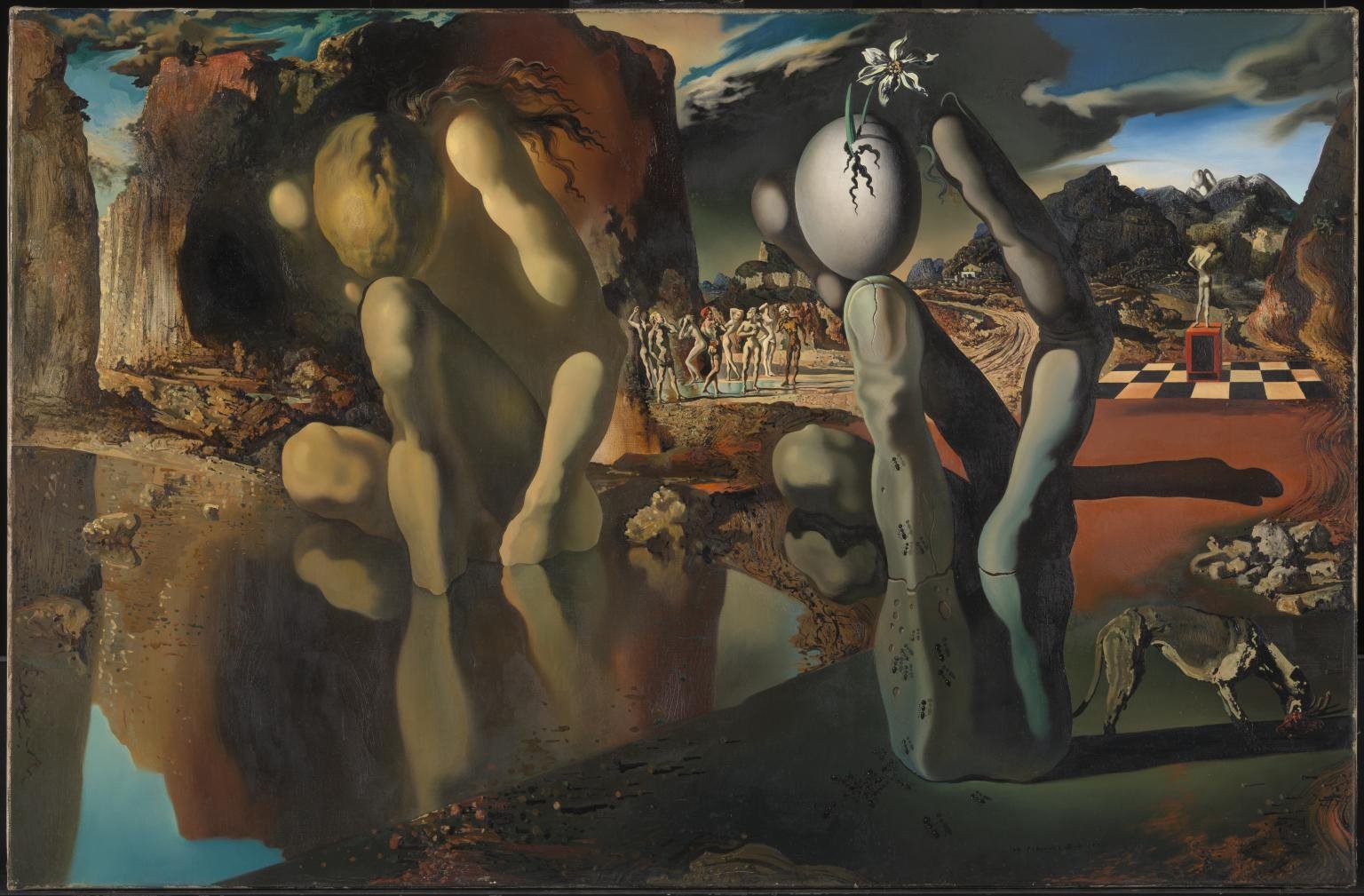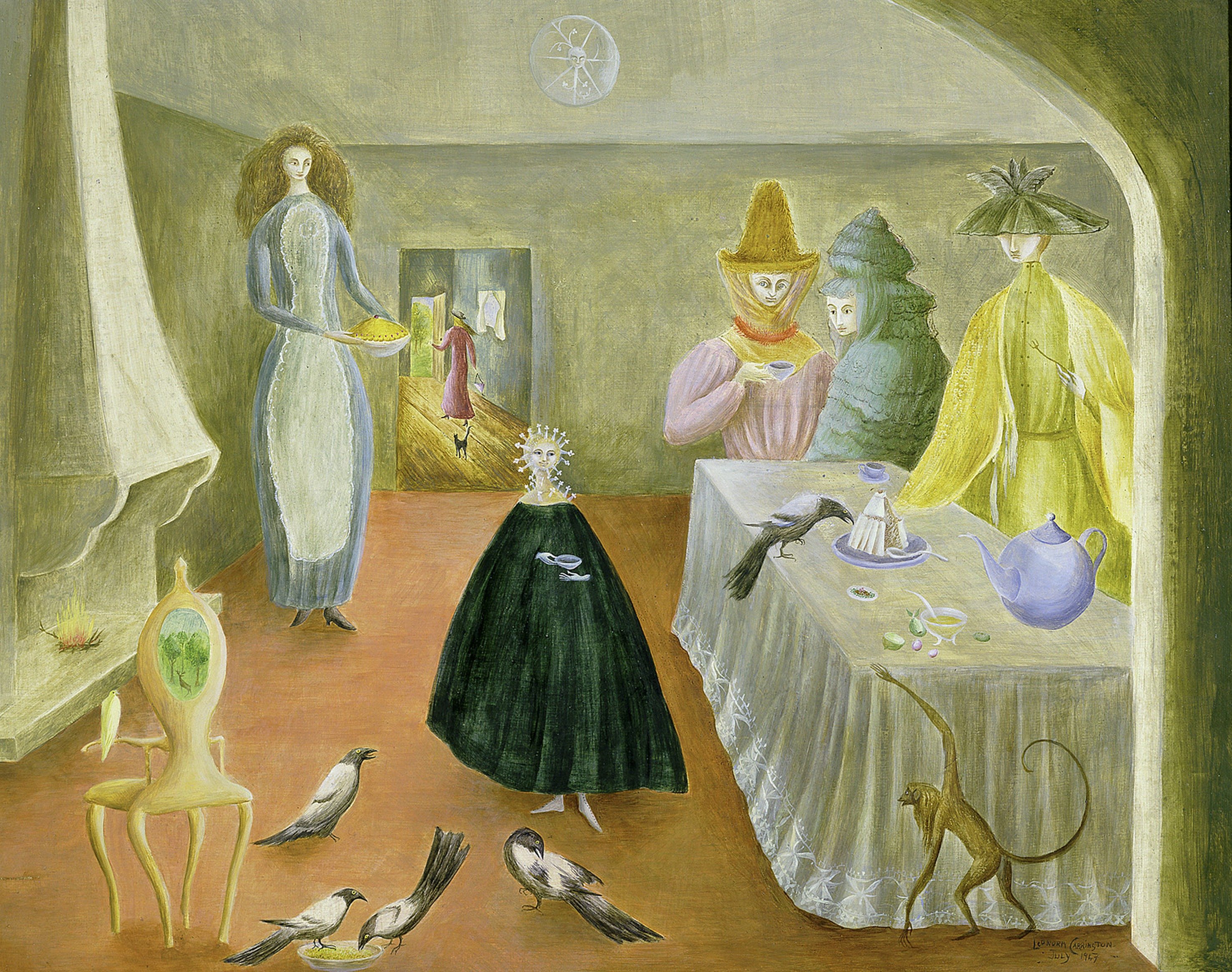© Turkuvaz Haberleşme ve Yayıncılık 2024
The Design Museum is getting ready to tell the story of the Surrealist movement and its global influence with a landmark exhibition later this year in London.
The exhibition titled "Objects of Desire: Surrealism and Design 1924 - Today" will run from Oct. 14 until Feb. 19 and will explore how the Surrealist movement revolutionized art and design.
Nearly 350 objects will go on display, including work from Salvador Dali, Marcel Duchamp, Leonora Carrington and Man Ray alongside pieces by Dior, Björk, Tim Walker and Sarah Lucas.
It is the first time a world-renowned museum has explored the relationship between fine art and design in a major exhibition. The Design Museum is located in London's upscale area of Kensington, also home to major tourist draws such as the Natural History Museum and the Science Museum.

The museum's exhibition will cover almost 100 years and will be split into four sections focusing on Surrealism's influence on everyday objects, interior design, fashion and the body and mind.
Dali's "Lobster Telephone" and Ray's "The Gift" will show how everyday objects were embraced by the movement.
The exhibition will also highlight Surrealism's influence on fashion as many Surrealist artists worked as photographers, including Dali who created cover art for fashion magazine Vogue.
Vintage magazines will be exhibited alongside Surrealist-inspired photography for modern day magazines, such as Walker's 2013 photoshoot with actor Tilda Swinton for W magazine.
Tim Marlow, the Design Museum's director, said: "From its very beginnings, Surrealism looked to design and everyday objects for inspiration, but few are aware of the movement's decisive impact on design.
"This eye-opening exhibition will take visitors on a fascinating journey through 100 years of this radical relationship, and it will bring the story right up to the present day for the very first time.

"The exhibition is both a landmark in the history of Surrealism and design and part of a rich and ongoing story of London's engagement with one of the great cultural movements of the last century."
Curator Kathryn Johnson said: "If you think Surrealism fizzled out in the 1960s, think again. This exhibition will show that it is still alive and well and that it never really went away.
"The early Surrealists were survivors of the World War I and the 1918 influenza pandemic, and their art was in part a reaction to those horrors.
"Today, in the context of dizzying technological change, war and another global pandemic, Surrealism's spirit feels more alive than ever in contemporary design."
